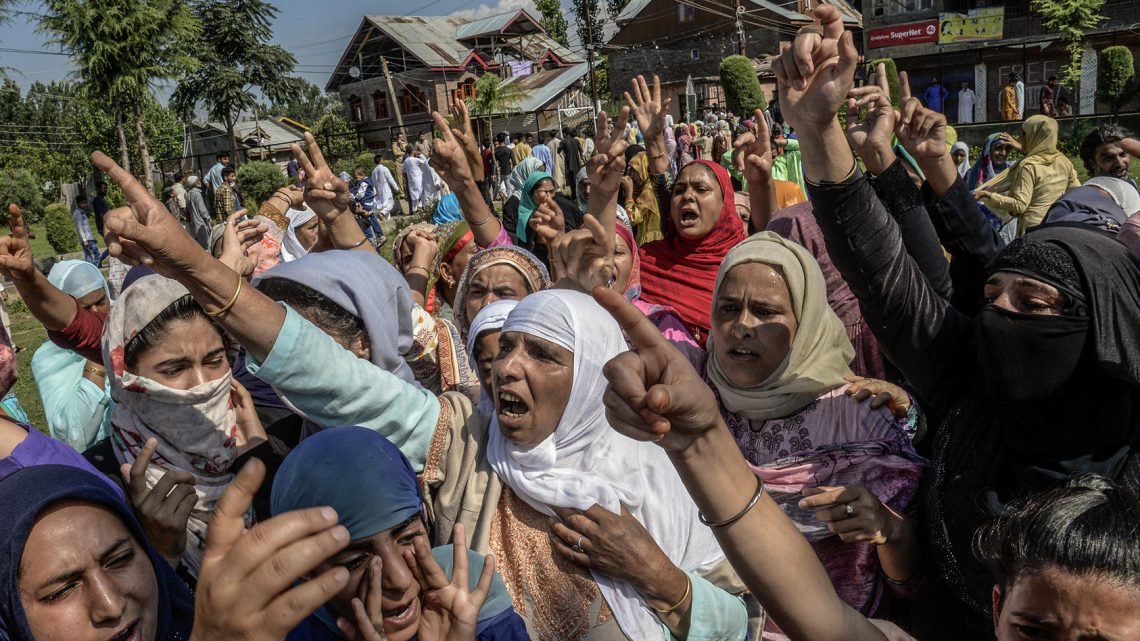
The Kashmir Dispute: An International Perspective
September 26, 2024The Kashmir issue remains an enduring international conflict, despite India’s claims that it is merely an internal matter. This complexity has been recognized by experts and documented in various agreements.
Since 1948, the Kashmir dispute has consistently been on the agenda of the United Nations Security Council (UNSC). This ongoing presence underscores the international nature of the conflict, highlighting that it is not solely a bilateral issue between India and Pakistan.
UN resolutions emphasize the need for global engagement, indicating that Kashmir’s status must be addressed by the international community. The presence of UN military observers in the region serves as a further reminder of its global significance.
Critics assert that India cannot unilaterally remove Kashmir from the UNSC agenda without addressing the aspirations of the Kashmiri people. They contend that the Indian government has systematically undermined these rights, contrary to various UN mandates.
Since the abrogation of Article 370 on August 5, 2019, actions taken by the Modi administration have raised concerns among experts. These actions are viewed as violations of international law, exacerbating tensions and jeopardizing the prospects for lasting peace.
There are fears that plans to alter the demographic makeup of Jammu and Kashmir are aimed at entrenching control over the area. Such moves threaten the region’s stability and undermine the legitimacy of ongoing electoral processes, which are described by some as lacking genuine democratic principles.
The right to self-determination remains a central issue in the Kashmir conflict. Experts argue that any dialogue regarding the region’s future must prioritize the aspirations of its inhabitants. They stress that the call for a plebiscite, as outlined in UN resolutions, is a legitimate demand that remains unaddressed.
India’s refusal to acknowledge these demands has become a significant obstacle to resolving the issue. The international community’s silence is seen as complicity, enabling India’s growing ambitions in South Asia.
This silence risks further destabilizing the region, with advocates arguing that peace in South Asia hinges on a fair resolution of the Kashmir dispute. Such a resolution should align with international norms and principles, promoting justice and equity for all parties involved.
To conclude, the Kashmir dispute transcends mere regional conflict; it demands international attention and action. Only through addressing the legitimate aspirations of the Kashmiri people can a pathway to lasting peace be established.

